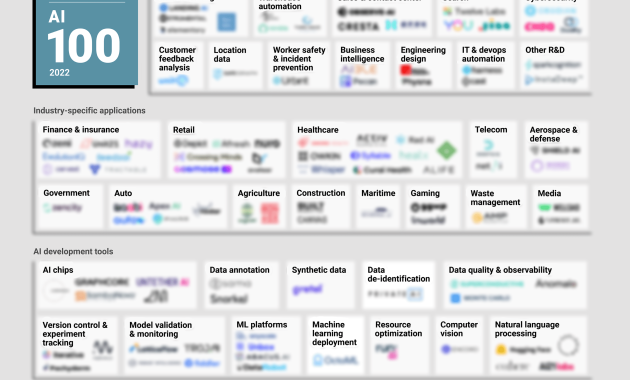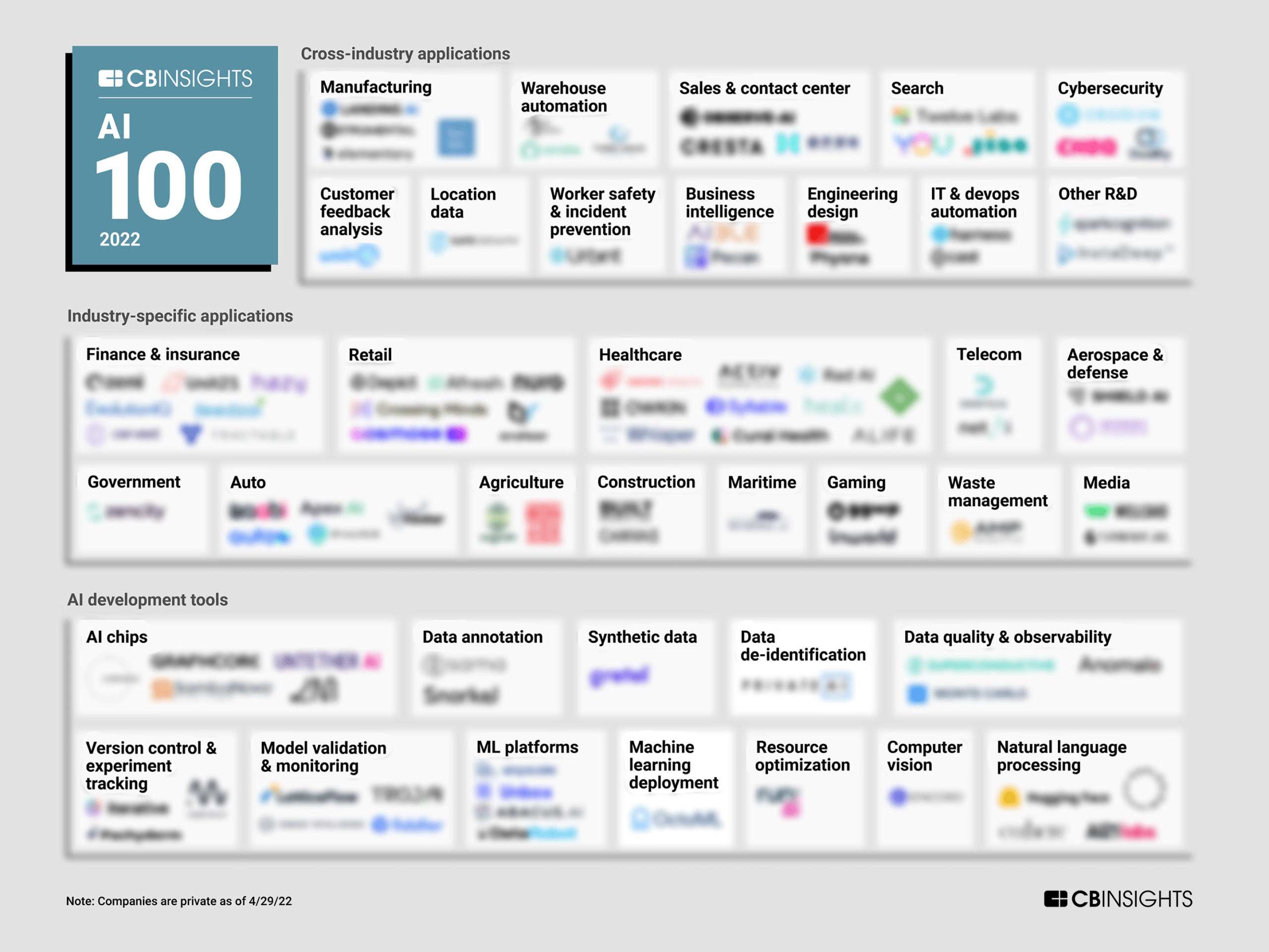
Business Intelligence Software That Drives ROI for Startups: A Strategic Guide
In the fast-paced world of startups, data is the new gold. But raw data alone is useless. It’s the insights derived from that data that fuel growth, optimize operations, and ultimately, drive Return on Investment (ROI). This is where Business Intelligence (BI) software steps in, transforming complex datasets into actionable intelligence. For startups, choosing the right Business Intelligence software is not just a technological decision; it’s a strategic imperative. This guide explores how Business Intelligence software can drive ROI for startups, outlining key features, benefits, and considerations.
Understanding the Power of Business Intelligence
Business Intelligence (BI) software empowers startups to make data-driven decisions. It’s a suite of tools and technologies that collect, analyze, and visualize data. This allows startups to gain a clear understanding of their performance, identify trends, and make informed decisions. Unlike traditional reporting methods, Business Intelligence software offers real-time insights, enabling quick responses to market changes and customer needs.
The core components of Business Intelligence software include:
- Data Collection: Gathering data from various sources, such as CRM systems, marketing platforms, and financial applications.
- Data Warehousing: Storing data in a centralized repository for easy access and analysis.
- Data Analysis: Employing statistical methods and algorithms to uncover patterns and insights.
- Data Visualization: Presenting data in interactive dashboards, reports, and charts for easy understanding.
By utilizing these components, startups can transform raw data into valuable knowledge. This knowledge can be used to improve decision-making and drive ROI.
Key Benefits of Business Intelligence Software for Startups
Implementing Business Intelligence software offers a multitude of benefits for startups. These benefits are crucial for survival and growth in a competitive market. The advantages are numerous, including:
- Improved Decision-Making: Data-driven insights enable startups to make informed decisions. This reduces the risk of costly mistakes and increases the likelihood of success.
- Enhanced Efficiency: Automation of reporting and analysis frees up valuable time for core business activities. This leads to increased productivity and efficiency.
- Better Customer Understanding: Analysis of customer data reveals valuable insights into customer behavior and preferences. This allows startups to personalize their marketing efforts and improve customer satisfaction.
- Optimized Operations: Identifying bottlenecks and inefficiencies in operations leads to streamlined processes and cost savings.
- Increased Revenue: Data-driven insights help startups identify new revenue opportunities and optimize pricing strategies.
- Competitive Advantage: By leveraging data, startups can gain a deeper understanding of the market and their competitors. This helps them to stay ahead of the curve.
These benefits are essential for startups looking to thrive in today’s data-driven landscape. Choosing the right Business Intelligence software is a critical step.
How Business Intelligence Software Drives ROI
The primary goal of any startup is to generate a positive ROI. Business Intelligence software plays a pivotal role in achieving this. It does so by:
- Reducing Costs: Identifying and eliminating wasteful spending through data analysis.
- Increasing Revenue: Uncovering opportunities to boost sales and improve pricing.
- Improving Customer Retention: Understanding customer behavior and providing better service.
- Optimizing Marketing Spend: Measuring the effectiveness of marketing campaigns and allocating resources efficiently.
- Streamlining Operations: Identifying and addressing operational inefficiencies, saving time and money.
By providing these insights, Business Intelligence software helps startups make more informed decisions. These decisions lead to better resource allocation and improved financial performance. The result is a higher ROI.
Key Features to Look for in Business Intelligence Software
Choosing the right Business Intelligence software requires careful consideration. Startups should focus on features that align with their specific needs and goals. Several features are essential for maximizing ROI:
- Data Integration: The ability to connect to various data sources, including CRM, marketing automation, and financial systems.
- Data Visualization: Interactive dashboards and reports that clearly present data insights.
- Reporting and Analytics: Tools for creating custom reports and performing advanced analytics.
- User-Friendly Interface: Easy-to-use interface that allows non-technical users to generate insights.
- Scalability: The ability to handle growing data volumes as the startup expands.
- Mobile Accessibility: Access to dashboards and reports on mobile devices for real-time insights.
- Security: Robust security features to protect sensitive business data.
Evaluating these features helps startups choose software that meets their current and future needs. Investing in the right tools is key to success.
Selecting the Right Business Intelligence Software
Selecting the right Business Intelligence software is a crucial decision. Startups should consider several factors during their evaluation process. These factors include:
- Budget: The cost of the software, including licensing fees, implementation costs, and ongoing maintenance.
- Ease of Use: The user-friendliness of the software and the availability of training and support.
- Scalability: The ability of the software to handle growing data volumes and user needs.
- Integration: The compatibility of the software with existing systems and data sources.
- Features: The availability of the features required to meet the startup’s specific needs.
- Support: The level of customer support and documentation offered by the vendor.
- Security: The security measures in place to protect sensitive data.
By carefully considering these factors, startups can make an informed decision. This decision will directly impact their ability to drive ROI.
Implementation Best Practices
Implementing Business Intelligence software successfully requires a structured approach. Following best practices maximizes the chances of a successful implementation:
- Define Clear Objectives: Identify the specific goals and key performance indicators (KPIs) that the software will help achieve.
- Choose the Right Team: Assemble a team with the necessary skills and expertise to implement and manage the software.
- Plan Data Integration: Develop a plan for integrating data from various sources into the Business Intelligence software.
- Provide Training: Train users on how to use the software and interpret data insights.
- Monitor Performance: Regularly monitor the performance of the software and make adjustments as needed.
- Iterate and Improve: Continuously refine the use of the software based on feedback and evolving business needs.
Following these best practices ensures a smooth and effective implementation. This ultimately leads to better results.
Real-World Examples of ROI Driven by Business Intelligence
Numerous startups have successfully used Business Intelligence software to drive significant ROI. These examples provide valuable insights:
- Example 1: A SaaS startup used Business Intelligence software to analyze customer churn. They identified the key factors that contributed to churn. They implemented targeted retention strategies. This resulted in a 15% reduction in churn and a significant increase in revenue.
- Example 2: An e-commerce startup used Business Intelligence software to optimize its marketing campaigns. They analyzed the performance of different marketing channels. They reallocated their marketing budget to the most effective channels. This resulted in a 20% increase in sales and a higher ROI on marketing spend.
- Example 3: A fintech startup used Business Intelligence software to improve its customer service. They analyzed customer support tickets and identified common issues. They implemented solutions to address these issues. This resulted in a 25% reduction in customer service costs and improved customer satisfaction.
These examples demonstrate the real-world impact of Business Intelligence software on startup success. They highlight the potential for driving significant ROI.
The Future of Business Intelligence for Startups
The future of Business Intelligence (BI) software for startups is promising. Advancements in technology are creating new opportunities for data-driven decision-making. Trends to watch include:
- Artificial Intelligence (AI) and Machine Learning (ML): AI and ML are being integrated into Business Intelligence software to automate analysis. This provides predictive insights and enables more informed decision-making.
- Self-Service BI: More intuitive and user-friendly tools are empowering business users to perform their own analysis. This reduces the reliance on IT departments and accelerates the decision-making process.
- Cloud-Based BI: Cloud-based Business Intelligence software is becoming increasingly popular. This offers scalability, cost-effectiveness, and ease of access.
- Data Democratization: Making data accessible to all employees, regardless of their technical expertise. This fosters a data-driven culture.
Startups that embrace these trends will be well-positioned to thrive in the future. They will be able to make more informed decisions and drive greater ROI.
Conclusion: Embracing Data for Startup Success
Business Intelligence software is no longer a luxury for startups. It is a necessity. It empowers startups to make data-driven decisions. These decisions drive ROI, optimize operations, and improve customer understanding. By selecting the right Business Intelligence software and implementing it effectively, startups can unlock the full potential of their data. This allows them to achieve sustainable growth and gain a competitive edge. Embracing data is the key to startup success.
[See also: Related Article Titles]
